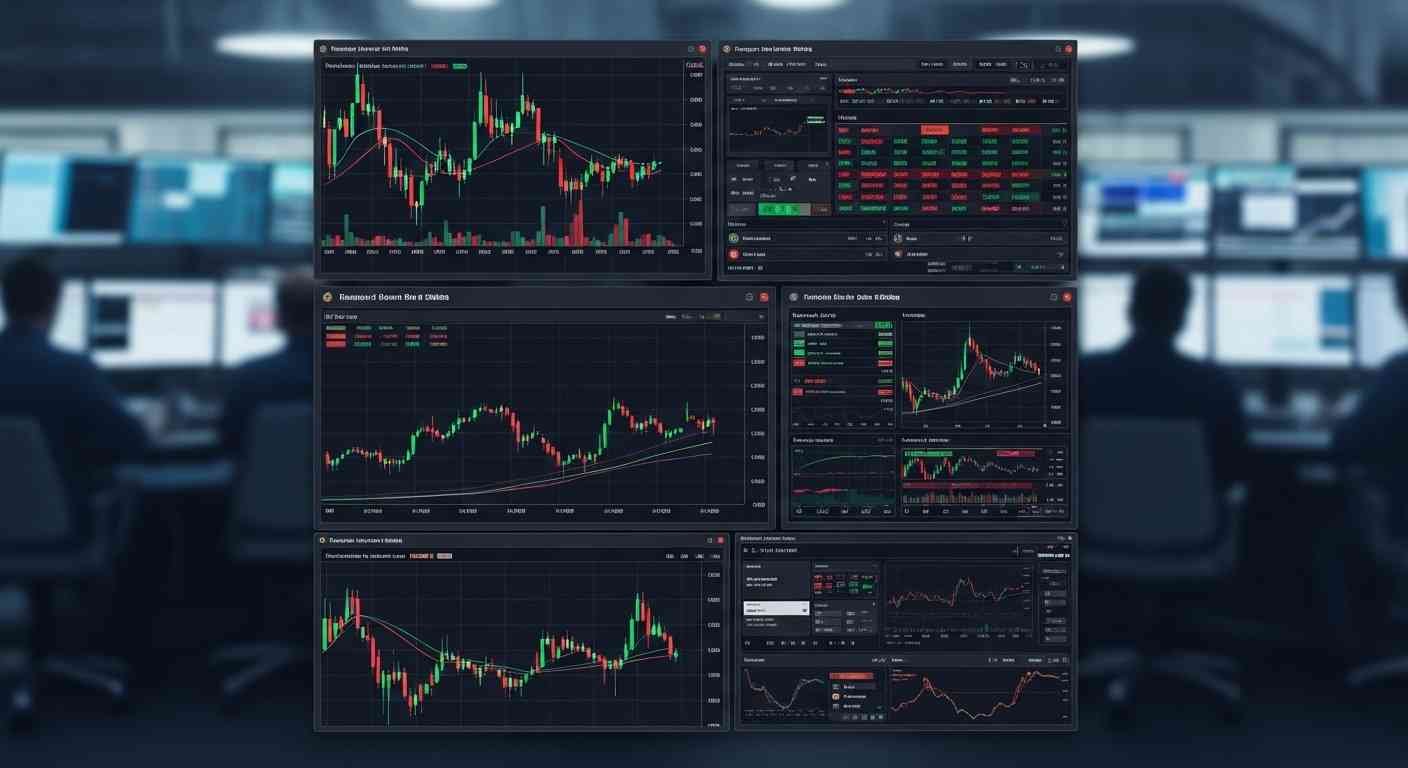Introduction
Understanding how bookies set odds unlocks insight into the inner workings of the betting world. Whether you’re a seasoned gambler or just curious, knowing the mechanics behind odds-setting is essential. Odds are more than just numbers; they’re carefully crafted tools that reflect probability, drive behavior, and ensure profitability. Bookmakers use a mix of mathematics, psychology, and market analysis to craft lines that balance risk and entice bettors.
As the popularity of online gambling continues to grow—especially with betting sites that accept crypto—the process behind odds-making has become more complex, algorithm-driven, and highly responsive to real-time data. This article unpacks how bookies set odds and why understanding these systems can help you make smarter betting decisions.
The Role of Probability in Odds Setting
Bookmakers start with one essential element: probability. Every sporting event or casino game has a measurable likelihood of each possible outcome. Bookies translate these probabilities into odds that reflect both risk and reward.
If a football team has a 50% chance of winning, the true odds would be even—2.00 in decimal terms or +100 in American odds. However, bookies adjust these odds to build in a profit margin. This process is known as “overround,” and it ensures the house always maintains an edge.
So, while the public sees odds as a simple reflection of potential payout, behind the scenes, it’s a finely tuned formula balancing mathematical probability with financial protection for the bookmaker.
Casino Strategies and Bookmaker Tactics
In traditional casino settings, odds are fixed. The house edge is embedded into every game—roulette, blackjack, or slots. Bookies, on the other hand, must dynamically adapt to external factors such as team news, betting volume, or weather changes.
They often use risk mitigation strategies such as:
-
Shading the lines: Adjusting odds slightly to attract action on one side
-
Limiting bets: Especially from sharp or professional bettors who consistently win
-
Moving the line: Reacting to market movement and adjusting odds to ensure balance
Whether in sportsbooks or casinos, the ultimate goal is the same: attract as many bets as possible while minimizing risk.
The Science Behind Setting Odds
Modern bookmakers don’t rely solely on intuition. They employ algorithms and statistical models to assess the probability of outcomes. These models digest massive datasets: player stats, historical results, weather patterns, and even social media sentiment.
After establishing a “true” line, bookies add their margin. For example, in a tennis match where both players are evenly matched, true odds might be 2.00 (50%). But a bookie might offer 1.91 on both players, effectively creating a margin that guarantees profit regardless of the outcome.
This balancing act continues as bets come in. If too many people bet on one side, the bookmaker may adjust the odds to redistribute action and maintain equilibrium.
The Importance of Bankroll Management
Understanding how odds are set can help with bankroll management, one of the most important aspects of successful betting. If you know that the odds are not always a perfect reflection of true probability (thanks to margins), you’ll wager more wisely.
Bankroll management means:
-
Only wagering what you can afford to lose
-
Sticking to a consistent stake size
-
Avoiding emotional decisions, like chasing losses
Even with perfect knowledge of how odds are made, mismanaging your funds can lead to fast losses. Wise bettors treat betting as a long-term strategy rather than a series of quick wins.
Game Selection and Value Betting
Not all games or sports offer the same level of opportunity. Some are heavily modeled and difficult to beat (e.g., the NFL), while others are more volatile with softer lines (e.g., lower-league soccer or niche esports).
Smart bettors seek value bets, where the probability of an outcome is greater than the implied probability in the odds. For instance, if you believe a team has a 60% chance to win, but the odds imply only 50%, you’ve found potential value.
This is where understanding bookmaker behavior matters. Sometimes public sentiment or emotional betting drives the odds in irrational directions. Identifying these moments is key to long-term profitability.
Bonus Offers: Hidden Odds Manipulation
Promotions like free bets, deposit matches, and cashback offers are enticing. But they’re also part of how bookmakers subtly shift the odds in their favor.
Bonuses are often tied to turnover requirements, minimum odds, or restrictions that make it difficult to realize actual value. However, savvy users can exploit these offers through matched betting or arbitrage betting—methods that eliminate risk by betting on all outcomes across different platforms.
Still, bonus exploitation is a cat-and-mouse game. Bookies track betting behavior and may limit or suspend accounts that appear to consistently beat promotions.
Responsible Gambling: Know Your Limits
Bookmakers understand human psychology. The thrill of a win, the sting of a loss, the desire to chase—these emotions fuel betting activity. That’s why responsible gambling is not just a buzzword; it’s essential.
A few critical principles to follow:
-
Set deposit and loss limits
-
Take regular breaks
-
Avoid gambling when emotionally compromised
-
Use self-exclusion tools if needed
The more you understand how bookies set odds and manipulate markets, the more you’ll see the importance of control and discipline. Gambling should be entertainment, not a strategy for income.
Legal and Ethical Considerations
Laws around sports betting and casinos vary significantly by country. In places like the UK, regulation is strict, with licensing and oversight by the Gambling Commission. In other regions, the market is less structured, and players may unknowingly use illegal or unlicensed platforms.
This is especially true in the growing world of cryptocurrency. As crypto betting expands, users should be cautious. Only use reputable betting sites that accept crypto. They should offer transparency, fair odds, and provably fair games.
The appeal of anonymity and fast transactions makes crypto betting attractive—but the risk of scams, lack of recourse, and legal grey areas demand vigilance.
Outsmarting the Odds
Bookmakers invest heavily in technology, data, and human expertise to craft odds that guarantee a long-term edge. But understanding this process can level the playing field.
From probability theory to risk management, from casino game dynamics to sports betting psychology, odds-making is both a science and an art. Recognizing the patterns, tools, and tricks used by bookmakers can help you become a more strategic and responsible bettor.




